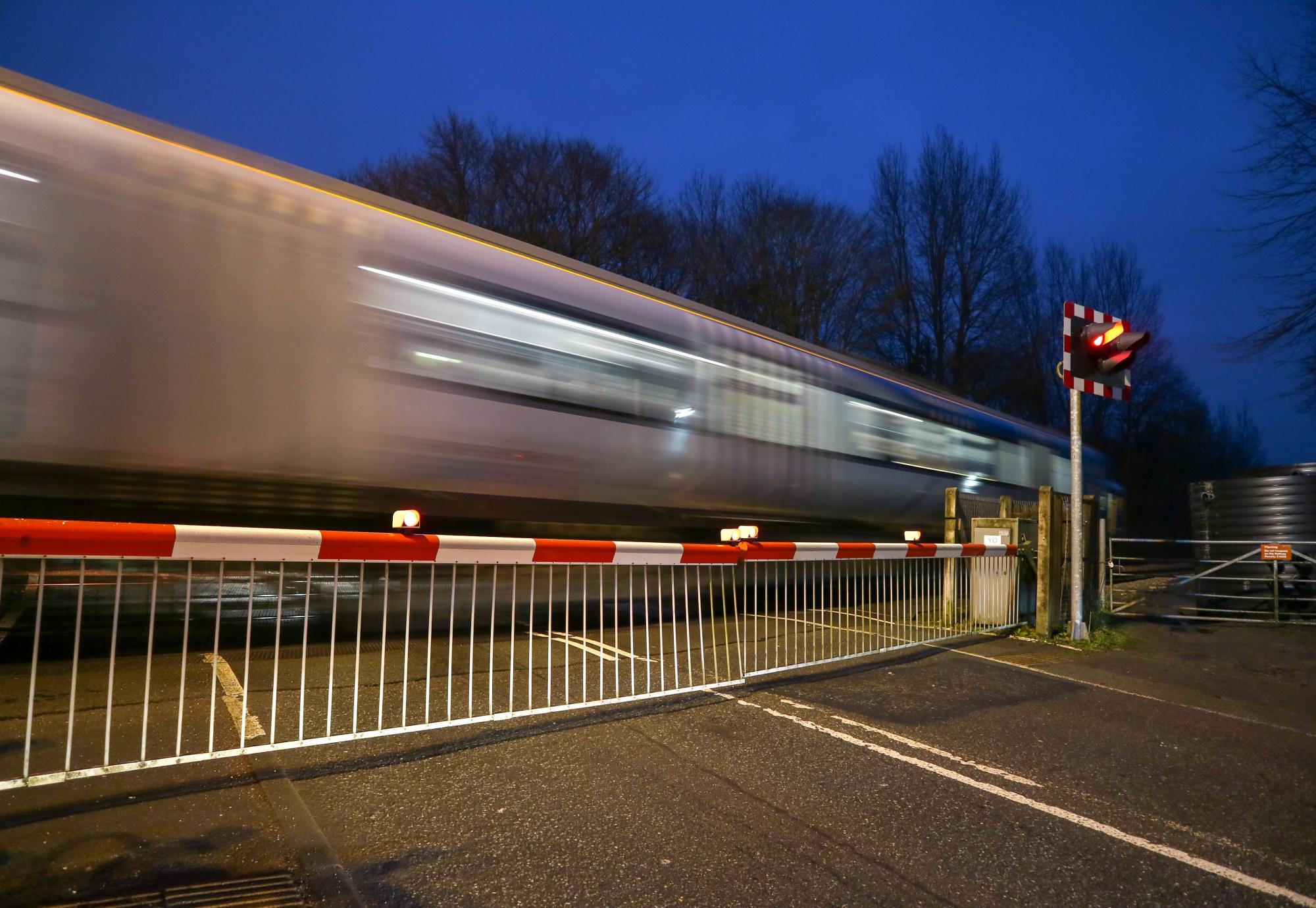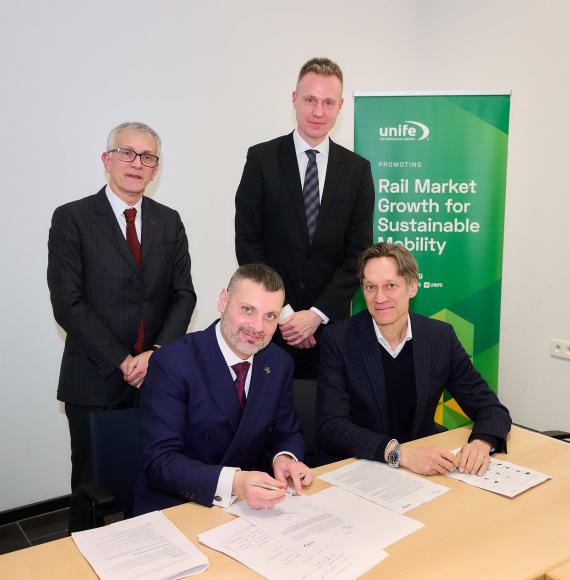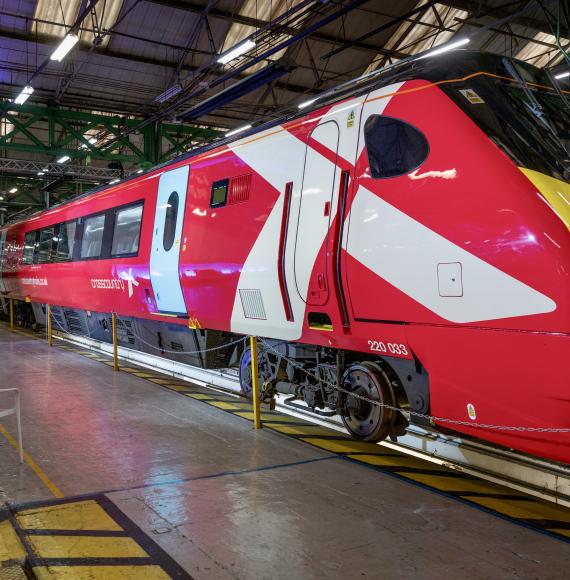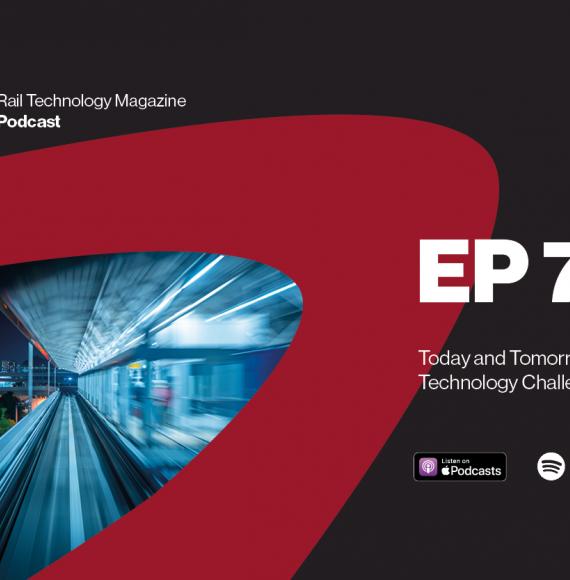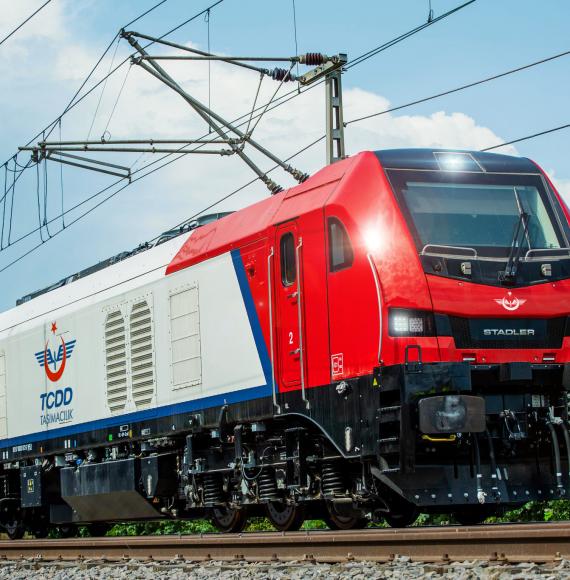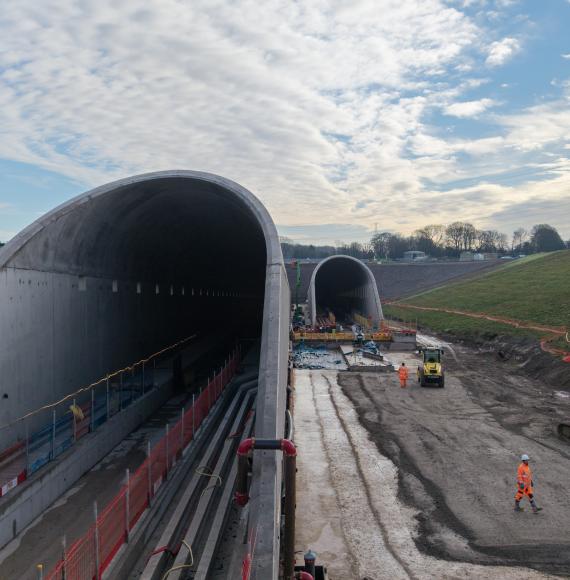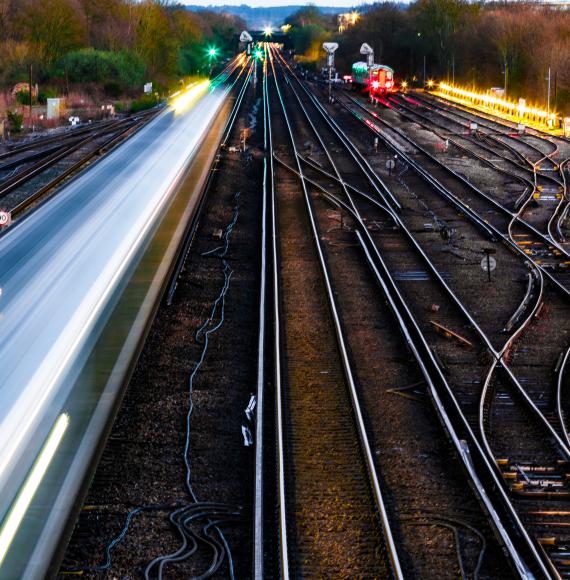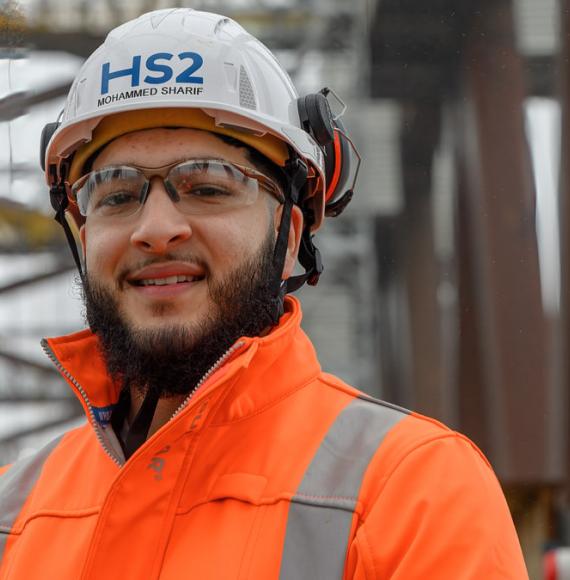Hitachi Rail Ltd announced a major €1.7 billion deal to acquire the Thales Ground Transportation Business in August 2021, representing a tectonic shift in the global signalling supply scheme.
Mainline signalling in the UK is currently undergoing a major change, with a recent market study conducted by the Office of Rail and Road (ORR) finding that the supply of mainline signalling in Great Britain has suffered due to the lack of competition, with suppliers Siemens and Alstom cornering the market. Based on these findings, the ORR made a number of recommendations intended to increase competition from alternative suppliers, such as Hitachi and Thales.
Network Rail, the principal UK customer for mainline signalling, is currently establishing a new tendering process for its next major signalling procurement (the Train Control Systems Framework) to incorporate these recommendations.
The Competition and Markets Authority (CMA) has outlined concerns around the new deal between Hitachi and Thales, in that it could potentially see a credible competitor eliminated from the new tendering process when competition is greatly needed.
Thales currently holds a strong position within the UK market for urban signalling, acting as the largest provider of Communication Based Train Control (CBTC) signalling projects for Transport for London (TfL) services. Hitachi, though having a much smaller position in the present UK market, is one of a very few rivals that has the capacity to bring meaningful competition to Thales for future projects.
This loss in competitiveness within the market across the mainline and urban signalling markets could lead to the eventual rise in costs for Network Rail and TfL, thus consequently resulting in a potential rise in costs for taxpayers and passengers.
Colin Raftery, Senior Mergers Director at the CMA, said:
“Network Rail currently spends close to £1 billion annually on mainline rail signalling – and this is expected to increase in future, as equipment needs to be replaced and the UK transitions to digital signalling.
“The cost of signalling, and its critical role in the safe and efficient running of our railways, makes it important that we ensure that future tenders can deliver value for money.
“This deal involves two of the main competitors for future mainline rail and urban metro signalling projects, so the loss of competition could risk higher costs and lower quality services, which would ultimately come at the expense of taxpayers and passengers.”
Hitachi will now have the chance to submit new proposals that act to resolve the CMA’s concerns, otherwise the deal will face a more thorough Phase 2 investigation.
Want to know more about the opportunities to become a key supplier to the UK rail industry? Attend TransCityRail and access an exclusive marketplace of buyers from Network Rail, HS2, Train Operators, Major Contractors, and all other tiers of the supply chain. For more information and to secure your place click here.

